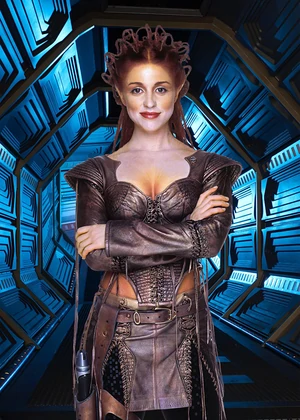I have seen more than one Sci Fi fan, including writers, want to cling to the idea of hard-sf as if it is some gold standard. When Benford called non-hard SF "playing tennis with the net down" he was just voicing what a lot of people were thinking at the time. There was some backlash in SF to the stream-of consciousness New Wave taken to its excess. Certainly there's enough market for it to keep Analog alive over the years, but there isn't some excessive push towards hard-sf purity. But just like the number of writers in the late 60's and 70's that suddenly added a lot of Jungian hodge-podge and skin-crawlingly awkard sex scenes into their books to be seen as edgy as anything in a Dangerous Visions collection, there have been writers wanting to get that Hard-SF appellation when no amount of little blue pills will firm their central premise to the goal.
Hard-SF of late like SevenEves can work, but it can also be dry and tedious. Even that one required some deus-ex-machina to get the ball rolling, some mysterious "Thing" that cracks the moon apart, as the late Douglas Adams would put it "For no adequately explored reason." The mentioned Expanse likewise relies on "protomatter" to bend all the laws of physics to make the story work. Mr Tennis Net, Benford used the unfathomable alien tech plenty of times too. This has been going on at least since Wells came up with phlogiston when science wasn't on his side.
All Sci-Fi is fantasy with some kind of scientific or futuristic purpose included. Sometimes it strays more to the fantastic or weird than science fiction, and that's fine. No one has to have their work blessed by St Hugo and Father Campbell. as far as divisions in the genre, of course the exist, and hopefully new-subgenres will continue to emerge and make it more vibrant.
None of this changes the fact that Andromeda isn't very good after the first couple of seasons. If you watch it, don't expect much past that point, you won't be disappointed.

Hard-SF of late like SevenEves can work, but it can also be dry and tedious. Even that one required some deus-ex-machina to get the ball rolling, some mysterious "Thing" that cracks the moon apart, as the late Douglas Adams would put it "For no adequately explored reason." The mentioned Expanse likewise relies on "protomatter" to bend all the laws of physics to make the story work. Mr Tennis Net, Benford used the unfathomable alien tech plenty of times too. This has been going on at least since Wells came up with phlogiston when science wasn't on his side.
All Sci-Fi is fantasy with some kind of scientific or futuristic purpose included. Sometimes it strays more to the fantastic or weird than science fiction, and that's fine. No one has to have their work blessed by St Hugo and Father Campbell. as far as divisions in the genre, of course the exist, and hopefully new-subgenres will continue to emerge and make it more vibrant.
None of this changes the fact that Andromeda isn't very good after the first couple of seasons. If you watch it, don't expect much past that point, you won't be disappointed.
Why must everything on the Internet be turned into a battle? Why can't we just listen to each other and try to learn from other perspectives, rather than trying to shoot holes in them? All I'm saying is that life is a continuum rather than a binary choice..





